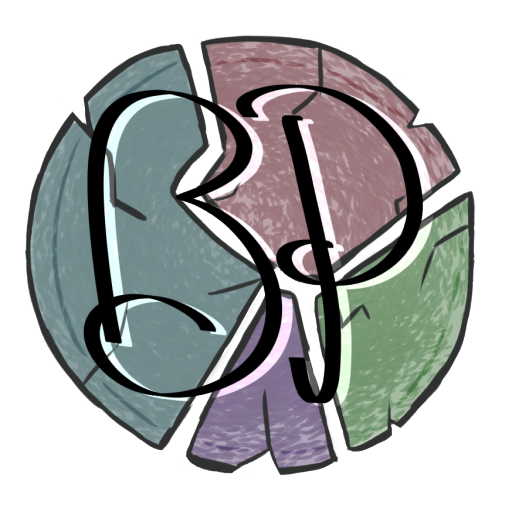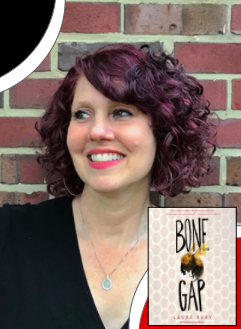Laura Ruby writes fiction for adults, teens, and children. Her most recent book, Thirteen Doorways, Wolves Behind Them All, was named as a finalist for the 2019 National Book Award for Young People’s Literature. She is a faculty member of Hamline University’s Masters in Writing for Children Program, and she currently resides in Chicago.
______
Gina Klaff: What is your perception of the Young Adult (YA) genre, and how do you address people who feel that the books that make up the genre are immature or not as important?
Laura Ruby: I would say that YA is not a genre but a category comprised of numerous genres—everything from contemporary lit to speculative fiction, fantasy to thrillers, mysteries to graphic novels. It continues to be a vibrant area of publishing for a couple of reasons. First, because some truly innovative work is being done in the category. Second, because young readers don’t have the same expectations that older readers do, so writers have room to experiment in ways they might not in publishing for adults.
As for people who feel that YA is immature and/or not important, the only thing I have to say is that children’s book writers and YA writers create readers. Why would anyone have a problem with that? And why would that be considered unimportant? Seems odd to me.
GK: You write for kids, young adults, and adults. Is there any way in which your writing style or voice changes across all these different age groups?
LR: Generally speaking, kids look outward, teens look inward, and adults look backward. So, it’s the perspective of each project that determines the particular audience. That said, the style, voice and perspective is different for each book no matter which audience I write it for.
GK: How much of the content of your books is drawn from real life experiences, and how much content do you imagine or come up with?
LR: The events in most of my books are invented, though I do mine my own emotions in order to bring my characters to life. That said, my latest book, Thirteen Doorways, Wolves Behind Them All, is loosely based on the early life of my mother-in-law, who grew up in a Chicago orphanage during the depression and World War II.
GK: Have you encountered any challenges as a woman author writing novels that are for young adults and novels that have elements of horror?
LR: I’ve gotten a little bit of push-back because of the elements of horror—I even had a kid’s book banned in a couple schools in Florida—but I think YA writers from marginalized backgrounds get far more push-back than I’ve gotten, particularly when they’re writing about sexuality and/or gender. Race, too.
GK: How have you connected with agents, publishers, and editors? Did you have any other work published before your first novel?
LR: I published a number of short stories in small literary magazines before I got an agent with a novel manuscript. To figure out who might be a good representative, all I did was look through the acknowledgments of my favorite books and query those agents. My agents found the editors that I work with.
___
Interview by:
Gina Klaff is a Fiction Editor for The Broken Plate 2020 and is a senior at Ball State University. She is majoring in Creative Writing and minoring in Professional Writing. In her free time, she enjoys eating tacos and drawing. You can follow her on Twitter @g_klaff4.


